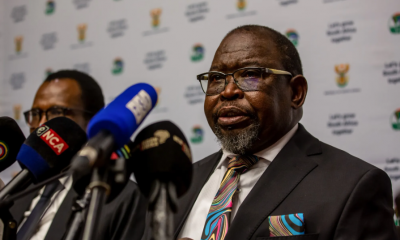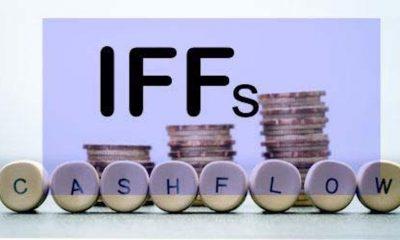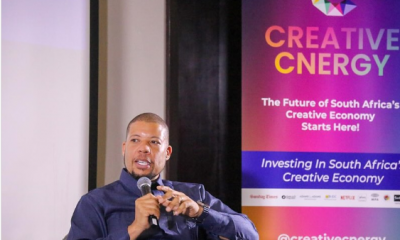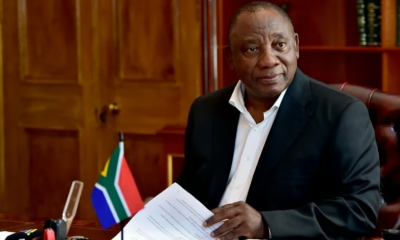Business
Is Wealth Tax the Answer? South Africa’s Budget Office Proposes Bold Fiscal Changes

South Africa’s economy is facing a pivotal moment as the Parliamentary Budget Office (PBO) calls for significant fiscal reforms, suggesting a wealth tax and the use of public fund reserves. The proposal comes ahead of the highly anticipated 2024 Medium-Term Budget Policy Statement (MTBPS) and challenges National Treasury’s long-standing austerity approach, which the PBO argues has failed to improve critical economic indicators like employment, poverty reduction, and social services.
The PBO’s Position: Rethinking Austerity
The PBO’s research, which supports parliamentary finance committees, is rooted in a critical review of Treasury’s policies. It contends that fiscal consolidation—a strategy aimed at reducing the country’s budget deficit through spending cuts—has worsened economic conditions, leading to increased social hardship and strained essential services, including healthcare and education.
Instead, the PBO recommends a shift towards a human rights-focused fiscal policy, emphasizing that South Africa must invest in long-term growth by expanding social spending, creating jobs, and improving public service delivery.
Wealth Tax and Public Fund Reserves: Key Proposals
The PBO has proposed a two-pronged approach:
- Wealth Tax: Increasing taxes on high-income earners and multinational corporations. This move, the PBO argues, would increase government revenue without further straining the lower-income population.
- Using Public Fund Reserves: Leveraging funds from entities like the Unemployment Insurance Fund (UIF) and the Government Employees Pension Fund (GEPF) to support targeted fiscal stimulus, as was done with the Gold and Foreign Exchange Contingency Reserve Account (GFECRA).
These measures, according to the PBO, would not only increase revenue but also drive investment into public projects, helping to create jobs and reduce inequalities.
Diverging Views on Economic Recovery
Analysts expect Finance Minister Enoch Godongwana to reiterate Treasury’s commitment to austerity measures when he delivers the MTBPS on October 30, 2024. Treasury’s focus remains on controlling the public wage bill and curbing non-essential spending while preserving funds for critical infrastructure and social programs.
However, with mounting concerns over the economy’s slow growth, rising debt costs, and expanding inequality, the PBO’s push for a wealth tax and public fund utilization presents a compelling alternative. Many believe such progressive fiscal policies could foster a more resilient economy and ease the growing pressures on the nation’s most vulnerable citizens.
Long-Term Growth vs. Short-Term Fiscal Targets
The debate between Treasury and the PBO reflects a broader conflict over how South Africa can achieve sustainable economic growth. Treasury’s conservative fiscal policy seeks to maintain financial stability, yet critics argue this approach lacks the flexibility needed to address the country’s pressing socioeconomic challenges.
The PBO has urged that the upcoming MTBPS prioritize job creation, social grants expansion, and investments in public works over strict deficit reduction targets. As the nation awaits the MTBPS, questions remain about whether Treasury will stay its course or consider alternative policies that promise a more inclusive economic recovery.
As South Africa navigates a complex economic landscape, the PBO’s recommendations offer a transformative fiscal approach aimed at reducing inequality and fostering growth. Whether the government will adopt these proposals remains uncertain, but the ongoing fiscal debate underscores the urgency of finding solutions that benefit all South Africans.



























